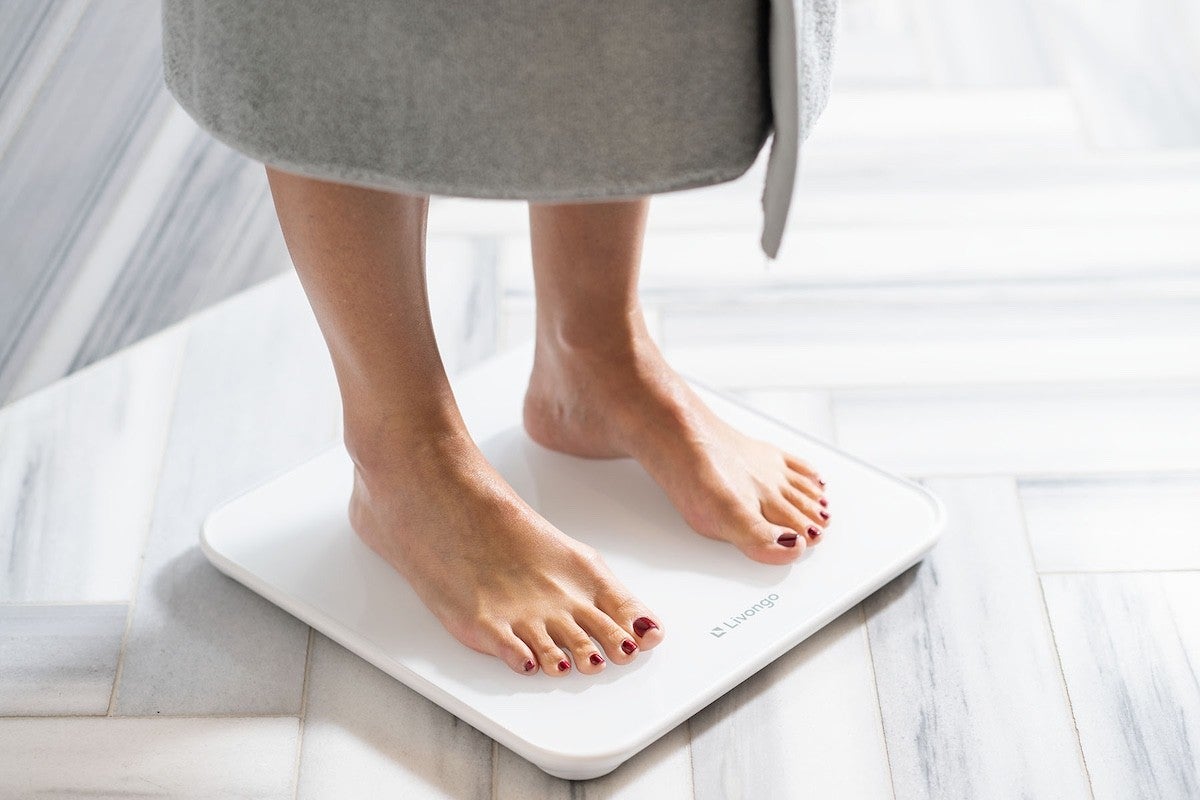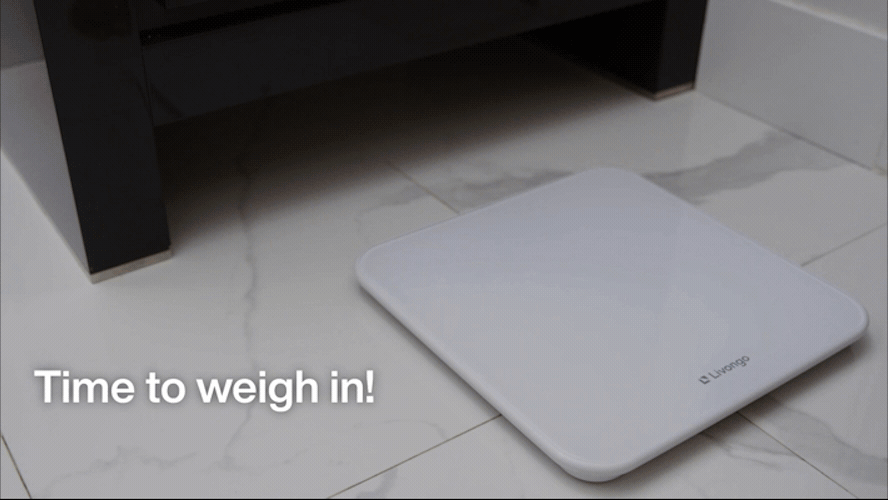Managing heart failure: frequently asked questions about checking your weight

Monitoring your weight is an important step in managing heart failure. Like brushing your teeth, you’ll want to make it part of your everyday routine. It may feel boring at times, but the benefits are worth it.
The best part is, you don’t have to track your weight or write anything down. The scale connects with your profile. This automatically records all of your weights in one place. You’ll find this makes it easier for you and your doctor to manage your weight and keep track of trends.
It’s completely normal to have questions about managing heart failure. Here are some frequently asked questions about checking your weight.
How often do I need to check my weight?
Checking your weight is crucial. Why? Gaining weight may be a sign that you’re retaining fluid. It can also mean your heart failure is getting worse. You need to step on the scale every day because the changes can happen quickly. The sooner you notice these changes, like weight gain, the better you can manage them.
What is “dry weight”?
You may have heard your doctor mention “dry weight.” Your dry weight is your normal weight when you’re not retaining any fluids. If you’re unsure of your dry weight, ask your doctor or nurse. The goal is to keep your daily weight within 3 pounds of your dry weight.
Keep in mind, your dry weight can change over time. For example, you may be trying to lose weight through diet and exercise. At your visits, ask your doctor about your dry weight and if there have been any changes.
How do I check my weight with the scale?
One of the best things you can do for accuracy is use the same scale every day. Having the scale at home makes this easy.

What happens if I skip a day (or more)?
If you stop checking your weight for a day (or more), you won’t be able to respond as quickly if your body starts holding onto fluid. You won’t know if there’s an issue until you start having symptoms. These symptoms can include swelling in your belly, feet, or ankles. Your clothes may feel tighter, and you may have trouble breathing or need more pillows to prop you up while sleeping.
By checking your weight every day, you’re able to get ahead of any issues before they become more serious. Some people can gain up to 15 extra pounds of fluid before they notice any symptoms.
What do I do if I gain weight?
If you gain weight, don’t ignore it. There’s a safer way to respond to the rising number on the scale.
- If you gain more than 3 pounds within 2 days, or 5 pounds within 7 days, notify your doctor right away. Your doctor may need to make changes to your medications or diet.
- If you gain more than 10 pounds in a week, call your doctor or your doctor’s nursing hotline, or even seek urgent/emergent medical care, especially if you are having new symptoms.
Why did I gain weight?
A few factors can lead to weight gain:
- You may have missed taking one of your diuretic “water pills” or the dosage may need to be changed. Talk with your doctor.
- Your diet may be too high in salt, causing you to hold on to water.
- Your blood pressure or other health conditions may not be controlled.
- Your heart failure may be progressing, even if you’re taking healthy actions. If this is the case, talk with your doctor about the best options to keep you comfortable or other potential treatments.
When should I call my doctor, nurse, or care team?
- When you gain more than 3 pounds within 2 days, or 5 pounds within 7 days.
- You have new shortness of breath or wheezing and it doesn’t go away when you rest.
- You need to sleep propped up with pillows or in a chair.
- You are waking up more often in the middle of the night short of breath.
- Swelling in your ankles or feet becomes worse, even after elevation.
- You are more short of breath than usual when bending over.
- Your heart rate is faster than usual.
- You feel pain or a heaviness in your chest that is more severe than usual.
Was this article helpful?
Don't wait! Unlock a healthy, happy new year, at no cost to you.
This content is not intended to be a substitute for professional medical advice, diagnosis or treatment. Always seek the advice of your physician or other qualified health provider with any questions you may have regarding a medical condition.
